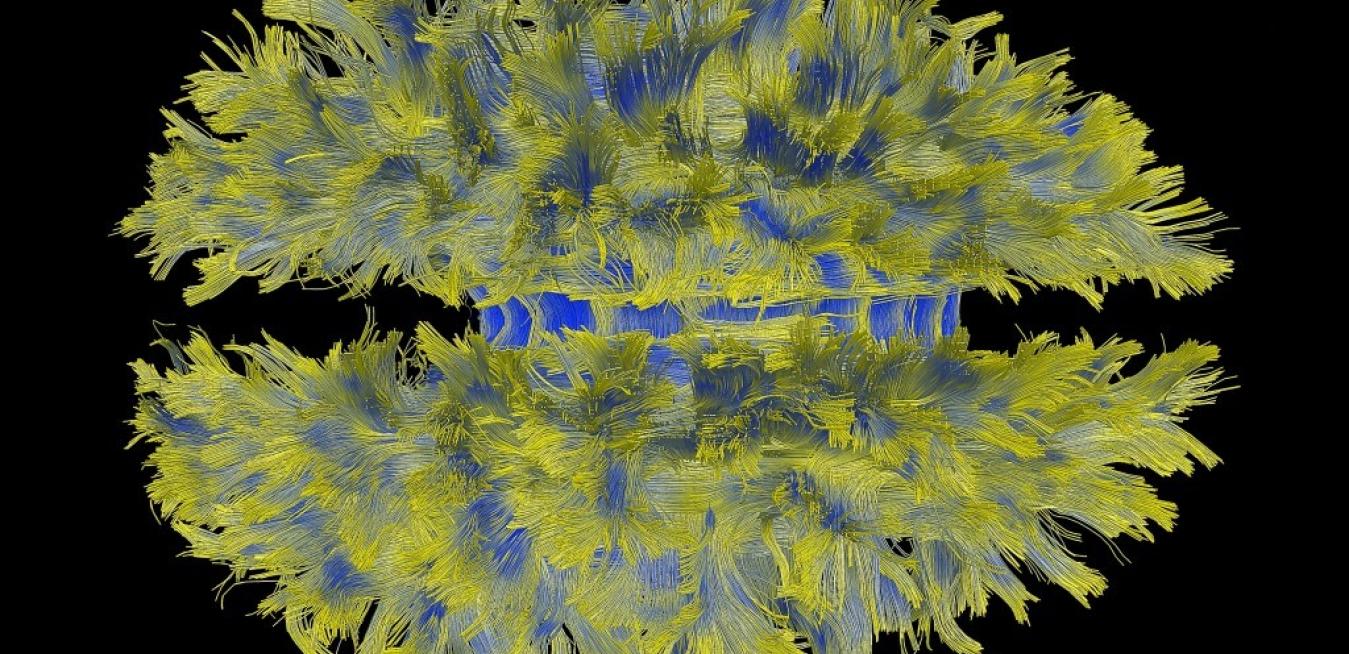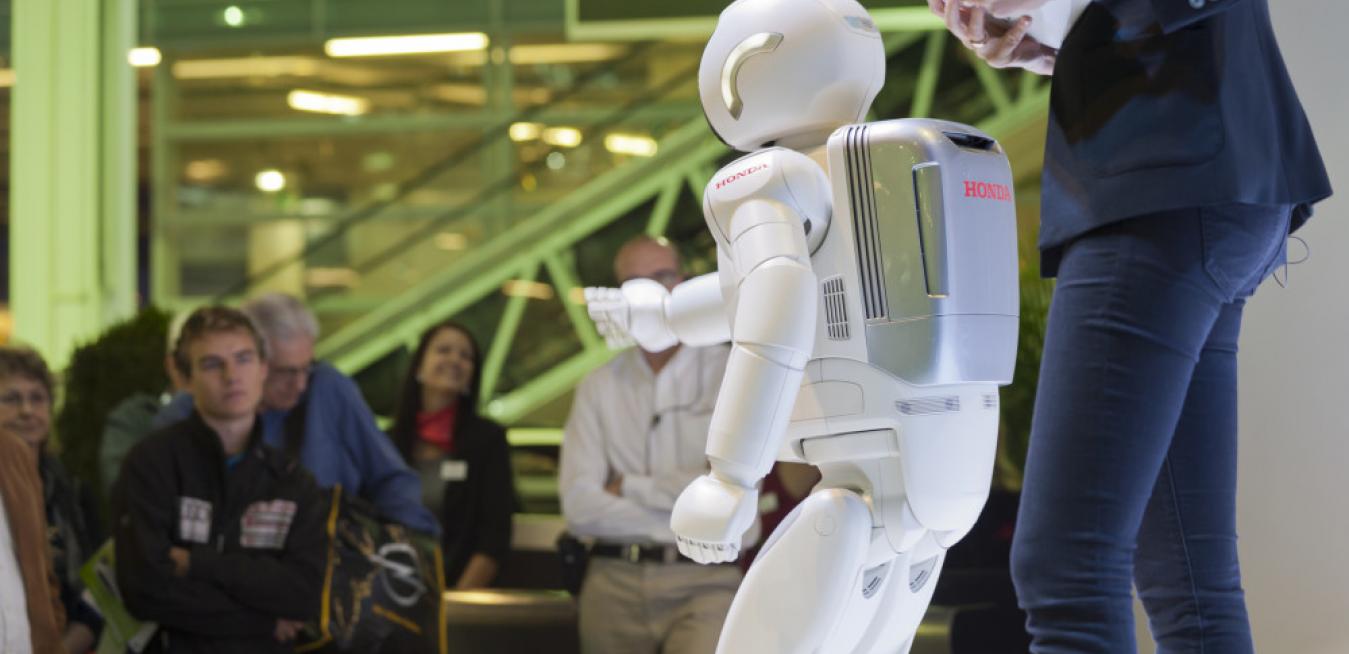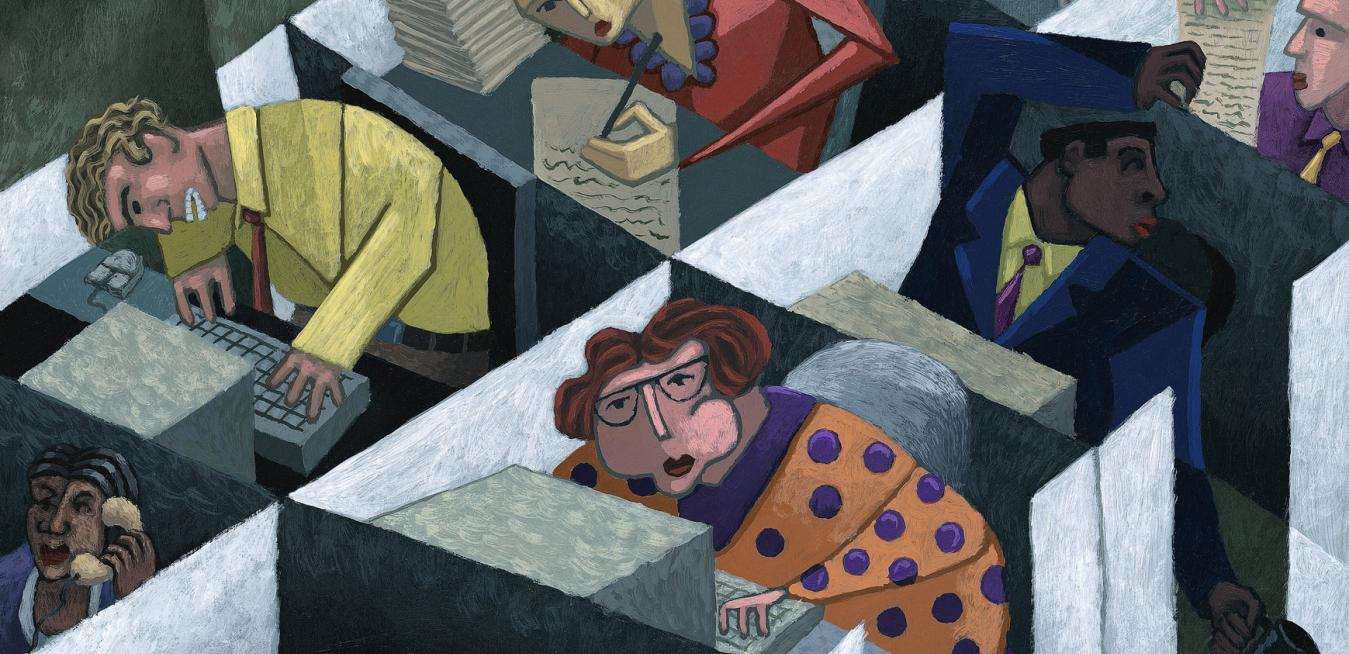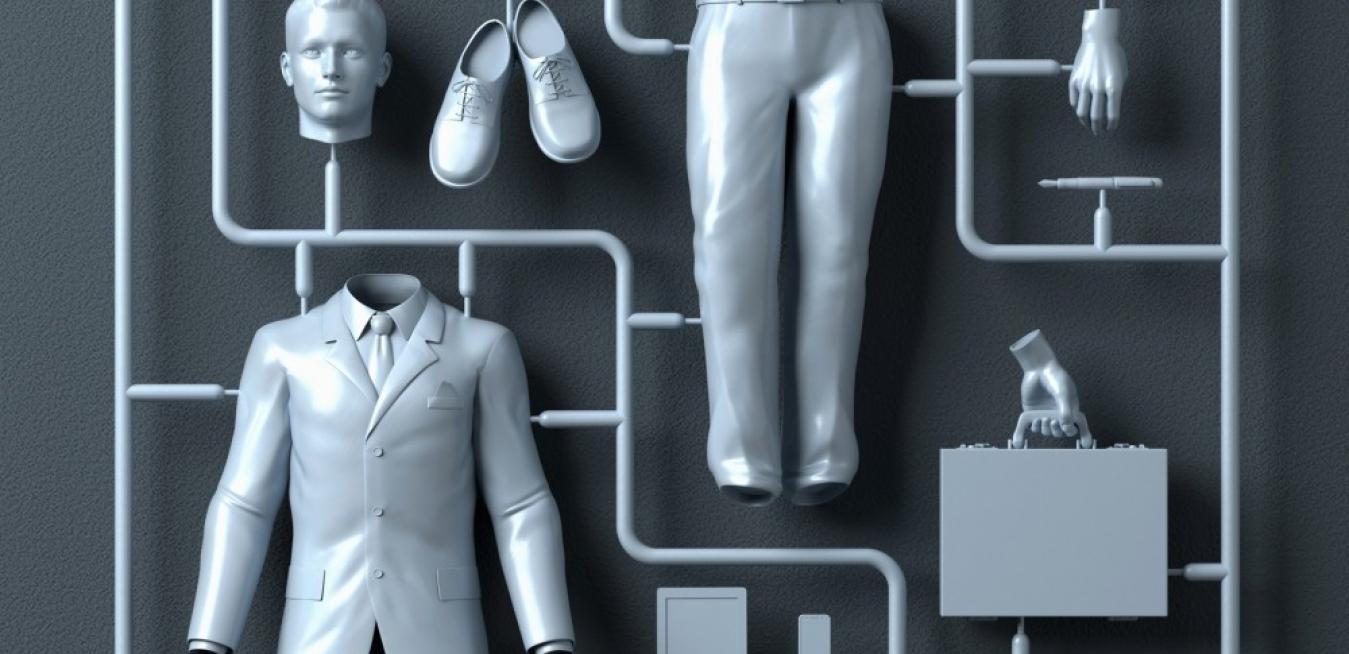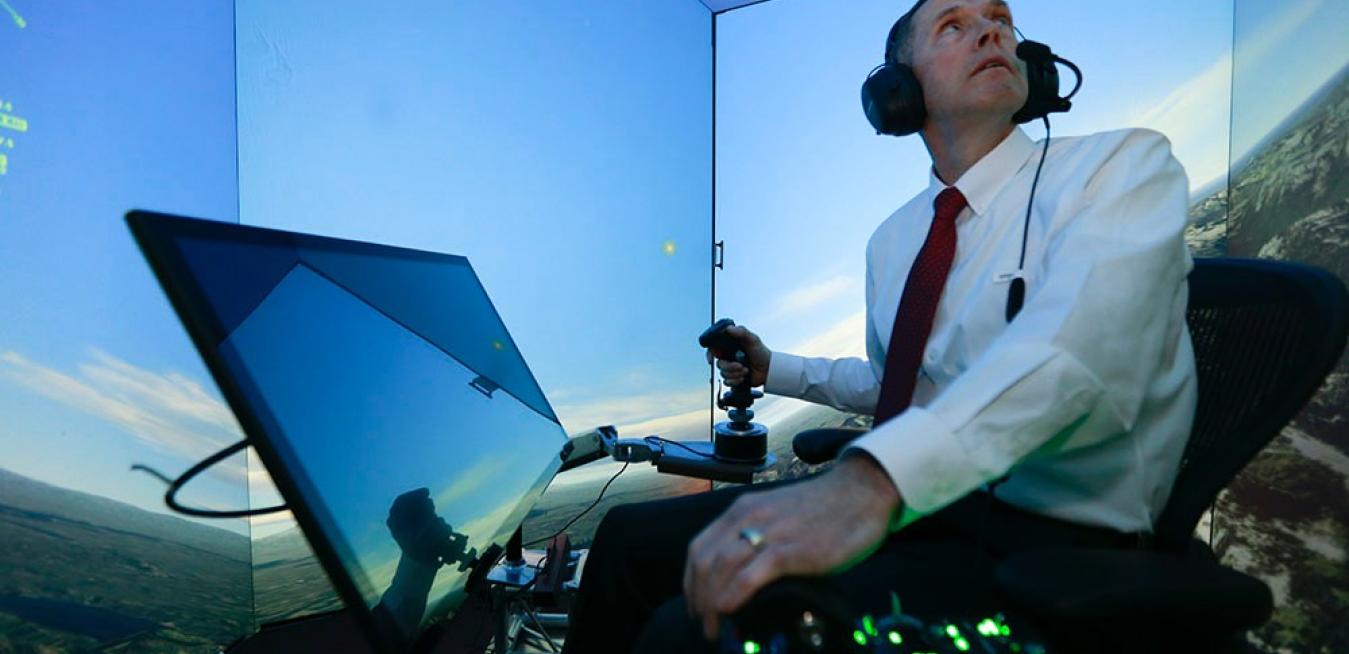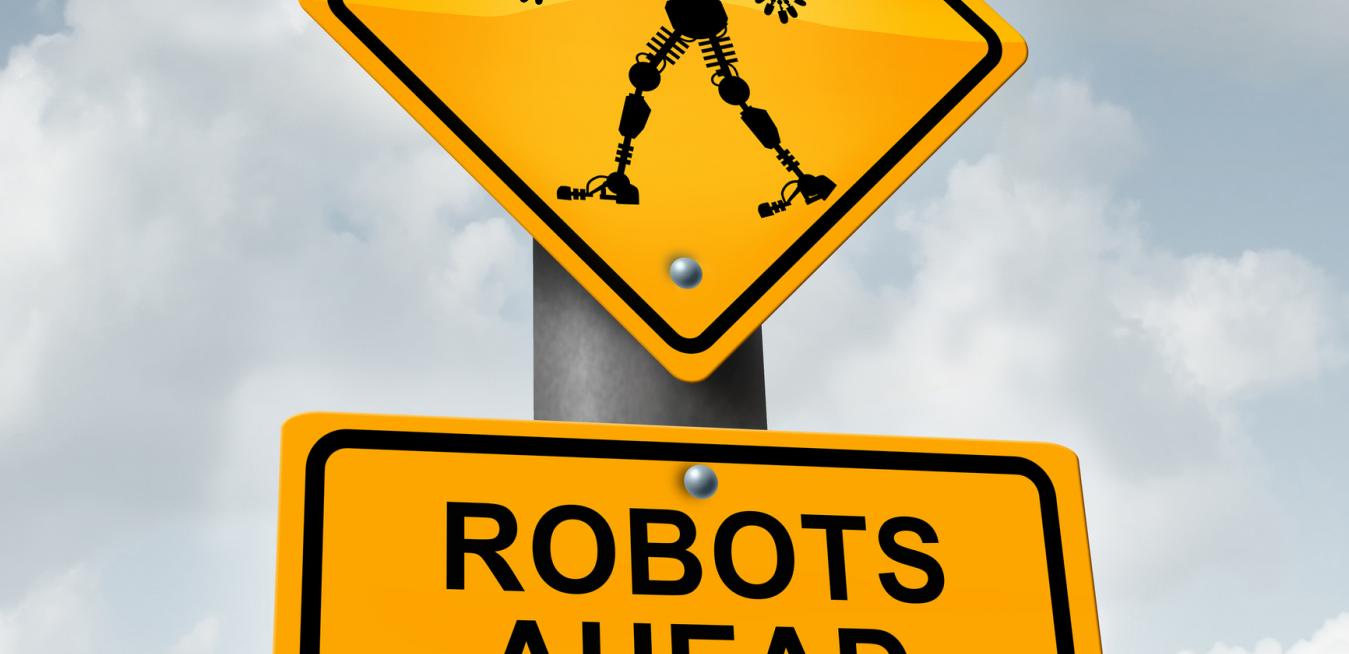What would a future without work look like? It may be closer than you think. Artificial intelligence is redefining work as we know it. First there was outsourcing. Next up is "othersourcing." Here are three signs we are moving toward a "post-work" future.
Workers need new skills to compete in today’s economy, some more urgently than others -- but on whose dime?
Open artificial intelligence (AI) ecosystems, one of the top 10 emerging technologies of 2016, have been described as the next step up from systems like Amazon’s Echo, Apple’s Siri and Microsoft’s Cortana. Companies have shown that human-like digital personal assistants are becoming a reality through the Internet of Things.
According to a recent survey, most people aren’t worried about the effect of automation and artificial intelligence on their jobs. If the world is becoming increasingly automated, what are the skills most needed? The British government hopes businesses can address unemployment and the skills gap by creating 3 million apprenticeships by 2020. But who will lead the way?
Will self-driving trucks, trains or ships make it to the mass market before autonomous cars? Automation can improve the efficiency of the freight and transportation industries, which will be good news for a range of global businesses.
Companies are diligently testing driverless vehicles to bring to the mass market. While some lawmakers and members of the public have questions about the technology, Bernard Meyerson, chief innovation officer of IBM Corporation, argues autonomous cars will significantly decrease the human cost of driving.
Code Of Silence? Computers Prove That Staying Silent Makes You Look Smarter
This week’s haul of news from the frontiers of science and innovation includes a piece about a nimble AI that shot down a seasoned Air Force pilot during a dog fight simulation, an article about a federal approval for the first human trial involving the DNA-editing tool CRISPR-Cas9 and a story about Israeli researchers who hacked a PC disconnected from the internet via its cooling fan.
Artificial Intelligence has the potential to improve the quality of life of customers, employers and employees. But first, companies -- big and small -- need to make AI work for them for the long haul.
Artificial Intelligence will make society smarter, leaner and more efficient. But first, startups and businesses must enable the workforce of the future and pivot business models to incorporate AI.
